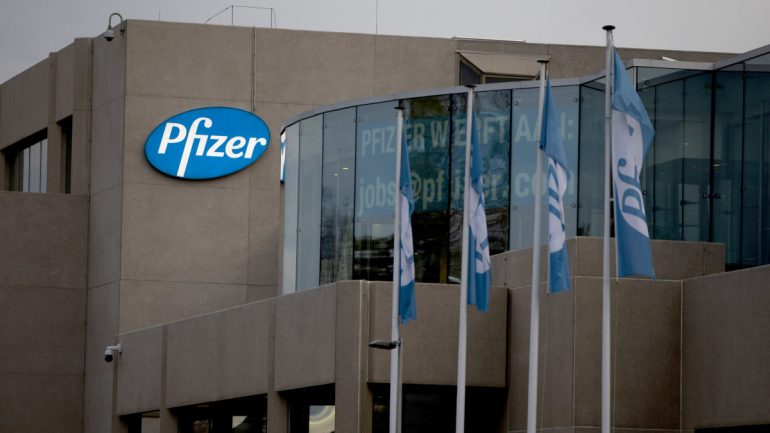The US-German consortium Pfizer / BioNTech vaccine emergency license for COVID-19 has expanded to 12- to 15-year-olds in the United States, the US Federal Drug Administration (FDA) announced Monday. This is an "important step in the fight against the pandemic" of the new coronavirus, said Janet Woodcock, who is acting director of the FDA, assuring that "today's action allows our younger population to be protected against COVID-19", As the immunization campaign in the country is starting to slow down lately.
Until yesterday, the urgent use of this vaccine had been approved for persons 16 years of age and older. It can now be given to millions of teens who receive two doses of the vaccine with the same amount of the product as adults. "Parents and guardians can be assured that the service has thoroughly analyzed all available data," Ms Woodcock said.
On Wednesday, Canada became the first country to approve the urgent use of the Pfizer / BioNTech product for this age range. US President Joe Biden stressed last week that it was crucial that adolescents be vaccinated as part of their immunization campaign.
"After the announcement of the approval of the use of the Pfizer / BioNTech vaccine by the FDA," we will be ready to act immediately, "he stressed. About 20.000 pharmacies will be able to vaccinate teens from the day after Thursday, while doses of the product will also be distributed to pediatricians, he clarified.
Two other vaccines have been licensed for emergency use in the United States COVID-19, that of Moderna and that of Johnson & Johnson, both for people aged 18 and over. Most children have only mild symptoms of the disease - and in some cases none.
However, this does not mean that children are not at risk of becoming seriously ill, and of course there is no study on the long-term effects on their development. In addition, they transmit the virus.
About 46% of American adults have received at least one dose of the vaccine COVID-19, according to data from the Federal Centers for Disease Control and Prevention (CDC). However, the pace of the immunization campaign has slowed since its peak in mid-April, when an average of 3,3 million doses were given daily for seven days. That number had dropped to 2,1 million doses a day on May 4, according to CDC figures, a third.
Pfizer expects to have data on the safety and efficacy of its vaccine for children 2 to 11 years of age in September. The European Union is expected to soon follow the example of the United States and approve the urgent use of the Pfizer / BioNTech vaccine for adolescents.
